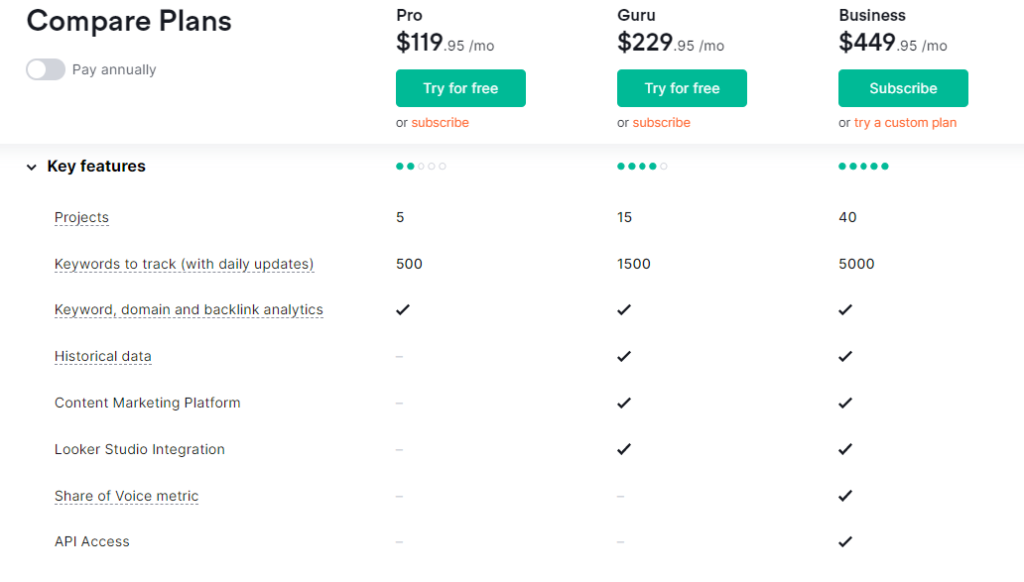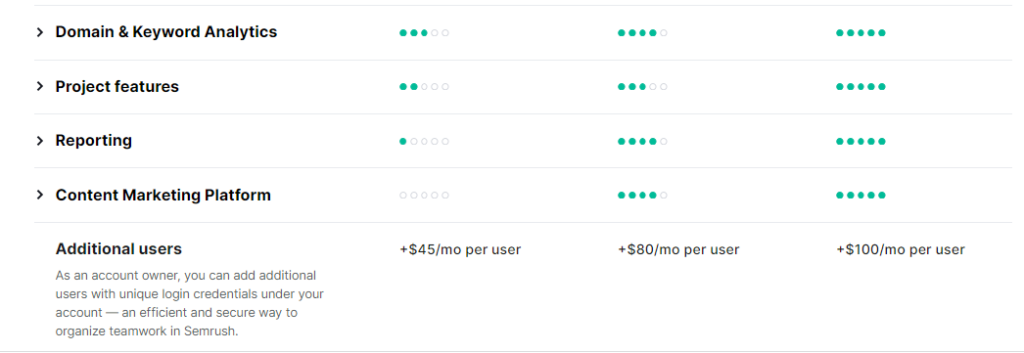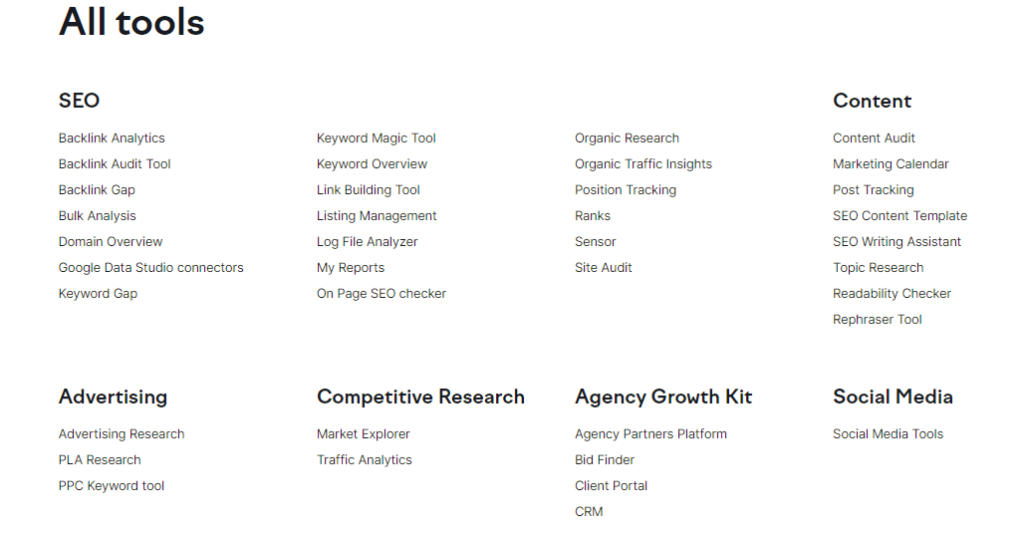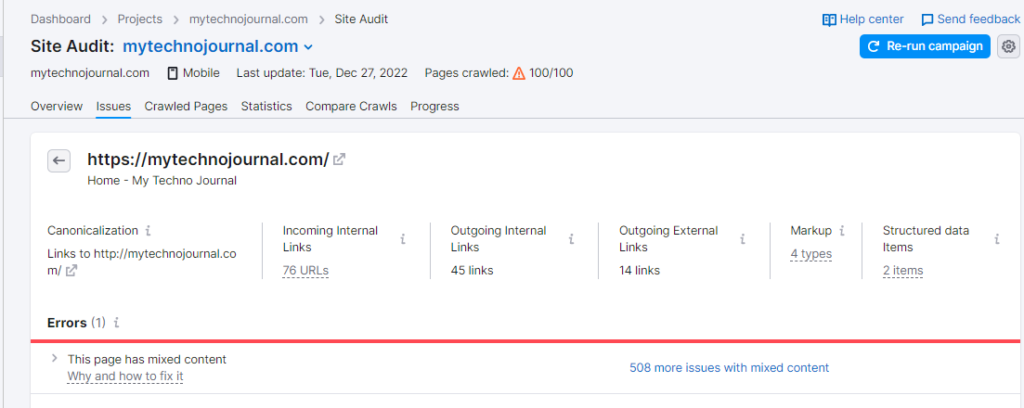Couple of basic questions before we jump to analyze SEMrush as a keyword research tool
What is keyword research?
Why we need key word research for our website?
Can your website rank in google without proper key word?
Let us discuss one by one
Keyword research is the process of finding and analyzing words that people enter into search engines to find certain article or topics as per their requirement .It is the practice of investigating user search behavior on the internet for a particular industry or business
There are s loads of SEO tools now on the market and it is really hard to know which one is the best fit for your online business, blog or website
How reliable is Semrush as a Keyword research tools

Semrush is a software company primarily dealing with SEO and offers complete suite of tools for search engine optimization. It is listed in NASDAQ. SEMrush SEO tools help you in effective keyword research, backlink analysis and building, SEO audit, competitor analysis and much more.
You can use SEMrush completely free for 14 days trial period and know the potential of this great tool


Semrush is one of the most popular SEO Tool and earns reputation of maintaining high ‘industry standard’ status within the SEO community. Lot of bloggers and web site owners prefer SEMrush as their primary SEO tool.
But how you can decide that Semrush can be best SEO Tools for your requirement? Being the best-known SEO tool, does not means that it can be fit to your wensite.

I’m going to help you answer that question by reviewing the important features of Semrush



Semrush tools
Below are the comprehensive tools Provided by Semrush to optimize your website and blog
SEO Tools
Content Marketing tools
Advertising tools
Competitive research tools
Agency Growth Kit
Social Media tools

We will review some f these tools in details
1-SEO-Keyword research tools
Semrush has the reputation of having most comprehensive keyword database in the world, with over 21 billion keywords.
With Semrush keyword research , you get a comprehensive report for any keyword, and metrics for volume, SERP results, SERP features, volume trends, etc.
Semrush Global Volume metric gives you keyword’s search volume across all countries. This metric will help you to decide if its good to use a particular key word for your website or not
Semrush helps you to target right keyword for your business and website with the metric like related keywords, keyword variations, and questions that people ask about a particular keyword.
Keyword Magic Tool
Keyword Magic tool by Semrush actually do magic for your business and brand .This SEO tool helps you to find best keywords for your Niche, blog topic which are appropriate for your brand
It is fairly easy to use as you simply need to type a keyword or niche in the search bar and enter. It will show you an extensive list of keywords matching that keyword, topic, or niche.
To get the related keyword for your focus keyword Semrush provides keyword clustering features .It is another excellent feature of Semrush keyword research tool. Once you click any of them you can dig deeper to other related keywords
Long-tail keywords
Long-tail keywords are very useful for SEO purposes.
Semrush keyword magic tool helps to find Long-tail keywords for your business and website. Using well researched and correct Long-tail-keywords suggested by Semrush can be a very good strategy for search engine optimization
Metrics for difficulty score and volume for each keyword
Another useful metrics provided by Semrush is difficulty score and volume of each keyword .You can get these metric in a tabular format for easy comparison and analysis and add them to your custom keyword list.
These comprehensive keyword list helps you to give an edge in your SEO Strategy
Keyword Manager
In keyword manager dashboard of SEO toolkit you can create your custom keyword list
First create a new list as shown below and give a new name for your list and click on create

Keyword difficulty tools
Another powerful SEO tool that Semrush provides is the Keyword Difficulty Tool.
This is the SEO tool that you need to use when making the final decision when selecting keywords.
And, this dashboard focuses more on the difficulty or competitiveness of keywords, thus informing you if a keyword is worth investing in or not.
Organic Traffic Insight
his SEO tool combines Semrush’s data with your Google Analytics and Google Search Console data.
This means that you can consolidate all your organic traffic insights and analyze them from a single dashboard.Pro Tip:Start with the Keyword Magic Tool to find and shortlist keywords, then use the Keyword Difficulty Tool to make the final decision.
2-Technical and On-Page SEO (SEO Toolkit)
Semrush perform Site Audit as part of On-Page SEO to identify the problem areas of your site. It acts nothing less than as a search engine to check your website and provides you with the actionable items to address the problem with your site
Here’s the process to perform a audit by using this tool
- Click on the “New Site Audit” button in the top-right corner.
- Enter the website domain and the project name (which could simply be your brand name).
- Customize your settings for how many pages to crawl and crawl source.


Domain analysis
Domain analysis is one of the important part of any SEO Project. Domain analysis is simple overview of the ‘quality’ of a domain from an SEO point of view.
You can perform domain analysis for your own website to check the SEO improvement required for your website. you can also perform domain analysis on your competitors website to know how to outrank them in search result
You might also perform domain analysis on a website in order to see if it’s worth approaching its owner for a link from that site to yours — this is because external links (or ‘backlinks’) from high-quality websites to your content can boost your site’s performance in search results.
Semrush has very easy interface to perform domain analysis . you just need to enter a domain URL in its ‘domain overview’ section, and you get an immediate result of how it’s performing in search engine results.
Semrush provides domain analysis based on following matrix
- Authority score for your website
- Total number of visitors to your website per month
- Total number of external links (‘backlinks’) pointing to the website
- The total number of keywords the website ranks for, and the ‘search intent’ behind them
- Anchor text commonly used in links to the website
- Top performing keywords
- Display advertising stats
- Competing websites
Of the above metrics, the one that gives you the quickest understanding of site quality is usually the ‘authority score. Semrush calculate the authority scores based on back link data, Organic search data and website traffic data
Semrush provides this scores based on hard data, the traffic figures are estimates — and my experience of them is that they are not always 100% accurate.
I can tell this base on the observation on comparing the Semrush traffic estimates against Google Analytics data for websites that I have access to).
Semrush also it doesn’t actually claim that the traffic figures are 100% accurate — if you navigate to its ‘Traffic Analytics’ tab, you can view an estimate of how accurate its traffic stats for a particular site are likely to be (low, medium or high).
Anyhow traffic stats in Semrush gives you an indication of site popularity — doing so can help you put your site into context against those of your competitors, or identify sites that it’s worth approaching for backlinks.
The other metrics provided in Semrush’s domain overview are also very useful, and help you gain some very valuable insights on both your own site and others.
Worth a particular mention is the ‘competitive positioning map’ which lets you see, at-a-glance, where a particular site fits into a particular market — and how well it fares is against its competitors.
The ability to break things down by country is also helpful — it helps you get a sense of where in the world a site is performing particularly well.
Getting historical data is especially straightforward in Semrush’s domain overview tool: a simple dropdown menu lets you access snapshots of a domain’s performance in search from specific months and years (data is available from January 2012 to the present day).
But worth a particular mention is the ‘at-a-glance’ breakdown of the main ‘search intent’ behind the keywords a domain ranks for (see screenshot below).
This gives you more context about why people click on search results for a particular website — to research something, locate a specific page, buy something etc.
(Competing tools like Moz and Ahrefs are yet to provide this easy-to-access ‘search intent’ data — they require you to ‘infer’ search intent yourself).
The only thing I feel is missing from Semrush’s domain overview is a ‘traffic cost’ figure (this lets you know how much it would cost each month to buy ads that generated an equivalent amount of traffic). You can get this data in Semrush, but you have to go to a separate ‘Organic Research’ page to see it.
(Other tools, including Ahrefs, display this as part of their domain overview analysis.)
All in all though, the domain overview section of Semrush is extremely useful, and this aspect of the product on its own gives you a huge insight into how a website is performing from an SEO point of view.
Keyword research in Semrush
Keyword Magic Tool
Apart from the Keyword research technique I shared above, you can always use the conventional way of researching keywords using the Semrush keyword magic tool.
You will quickly get metrics like search volume, keyword difficulty, competitive density, SERP features, and cost-per-click data. Do try the related feature of the Keyword magic tool, which helps you discover keywords that you might have missed otherwise.

